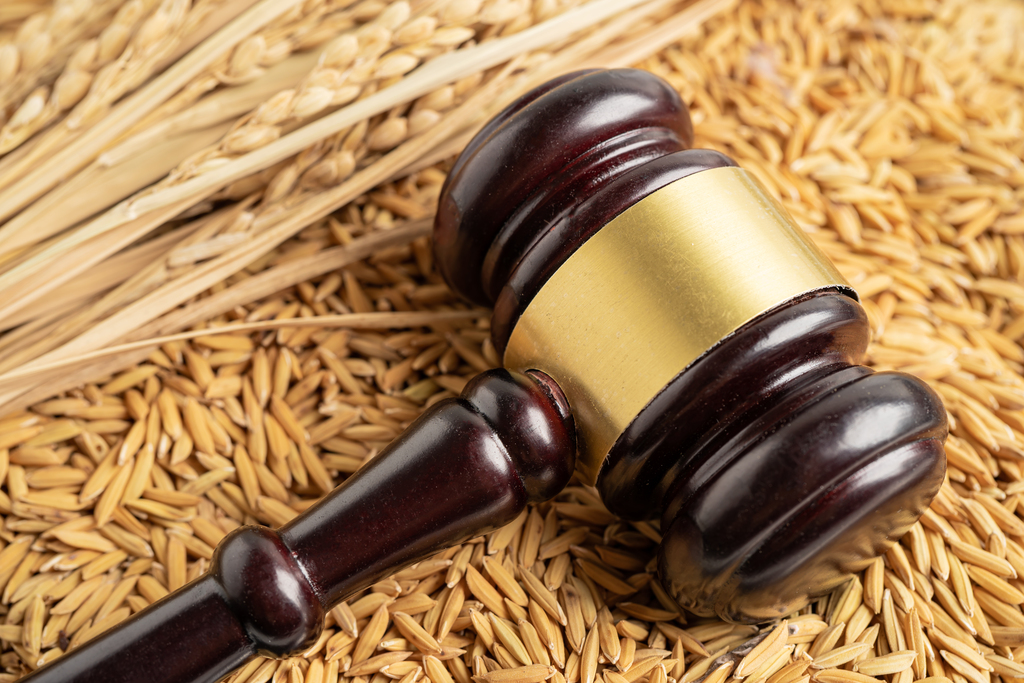The European Parliament has recently approved by majority the reform of the EU rules for wines, spirits and agricultural products. This decision represents a significant step forward in protecting the quality and authenticity of Europe’s food products.
Over the past decades, the EU has protected foods and beverages whose quality, reputation or other characteristics are linked to their geographical origin by granting them the labels known as “Protected Designation of Origin (PDO), “Protected Geographical Indication (PGI) and “Traditional Speciality Guaranteed (TSG)“. Today, there are around 3,500 geographical indications, generating around €80 billion a year in the EU.
What is a Protected Designation of Origin (PDO), Protected Geographical Indication (PGI) and Traditional Speciality Guaranteed (TSG)?
The PDO, PGI or G.T.G. systems were created to safeguard the reputation and renown of specific products, with the support and regulation of the European Union, in order to avoid the proliferation of imitations and unfair competition, affecting not only producers who follow good practices to obtain high quality products, but also protecting consumers.
New regulation: key aspects
The aim of this measure is to support European producers, so that production systems are increasingly sustainable and better protected. The EU carried out an evaluation in 2022 in which it pointed out the lack of awareness at European level among consumers of designations of origin and geographical indications, the low level of implementation of the legislation, the deficiencies in environmental matters and the complexity of the registration and modification procedures. The new regulation therefore seeks to strengthen the designation system in several key areas:
- Improving protection against fraud and imitation: National authorities will be empowered to actively combat misuse of geographical indications, including the ability to block websites that engage in misleading practices, protecting the reputation and economic value of geographical indications.
- Enhanced online protection: National authorities will have the responsibility to prevent and stop the misuse of DOPS and PGIs in the digital environment.
- Strengthening producers’ rights: The registration process for PDOs and PGIs is simplified, giving producers greater control over their use and defence of their products. This simplifies administrative procedures
- Fight against unfair practices: The regulation provides for the possibility of counteracting misleading marketing practices that may devalue products with PDOs and PGIs.
- Promoting fair trade: By guaranteeing the authenticity and quality of products with these designations, the regulation aims to foster a more equitable and sustainable trading environment, providing consumer safety, and fairer market conditions for all.
In order to increase transparency, the name of the producer will also have to appear on the label, in addition to the geographical indication, and the deadline for examining an application for a geographical indication will be shortened to 6 months. The European Intellectual Property Office (EUIPO) will provide important advisory support in administrative matters and will contribute to protection and promotion through an online EU register of geographical indications.
More power to farmers and consumers
Producers will be able to produce a sustainability report explaining the environmental, economic and social benefits for local territories, which will benefit from this new system that protects cultural and gastronomic heritage, ranging from French Roquefort cheese to Spanish Rioja wine. In addition, the new regulation is expected to boost fair and sustainable trade in these high quality products, guaranteeing greater authenticity at European level.
At Navas & Cusí, we stand out as lawyers specialising in environmental and European Union law. Our team of lawyers has specific experience in the field of product quality seals, and we are prepared to provide you with advice and support in relation to this recent new regulation.



